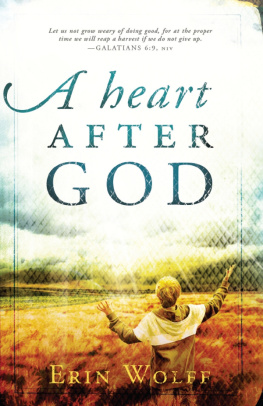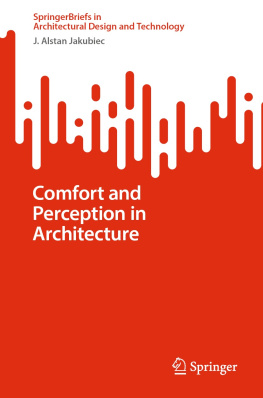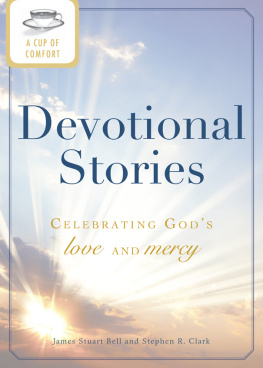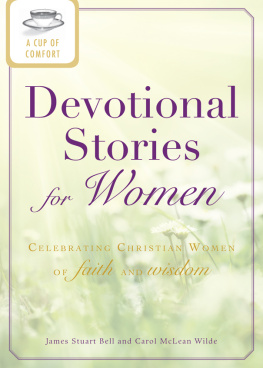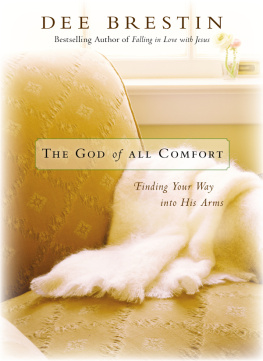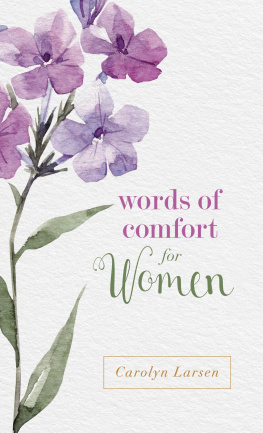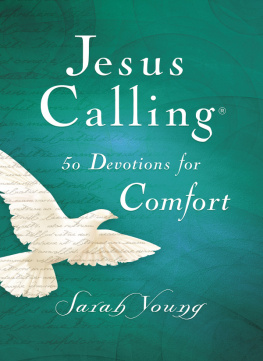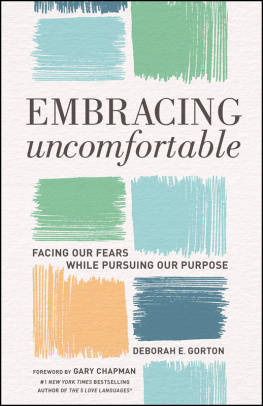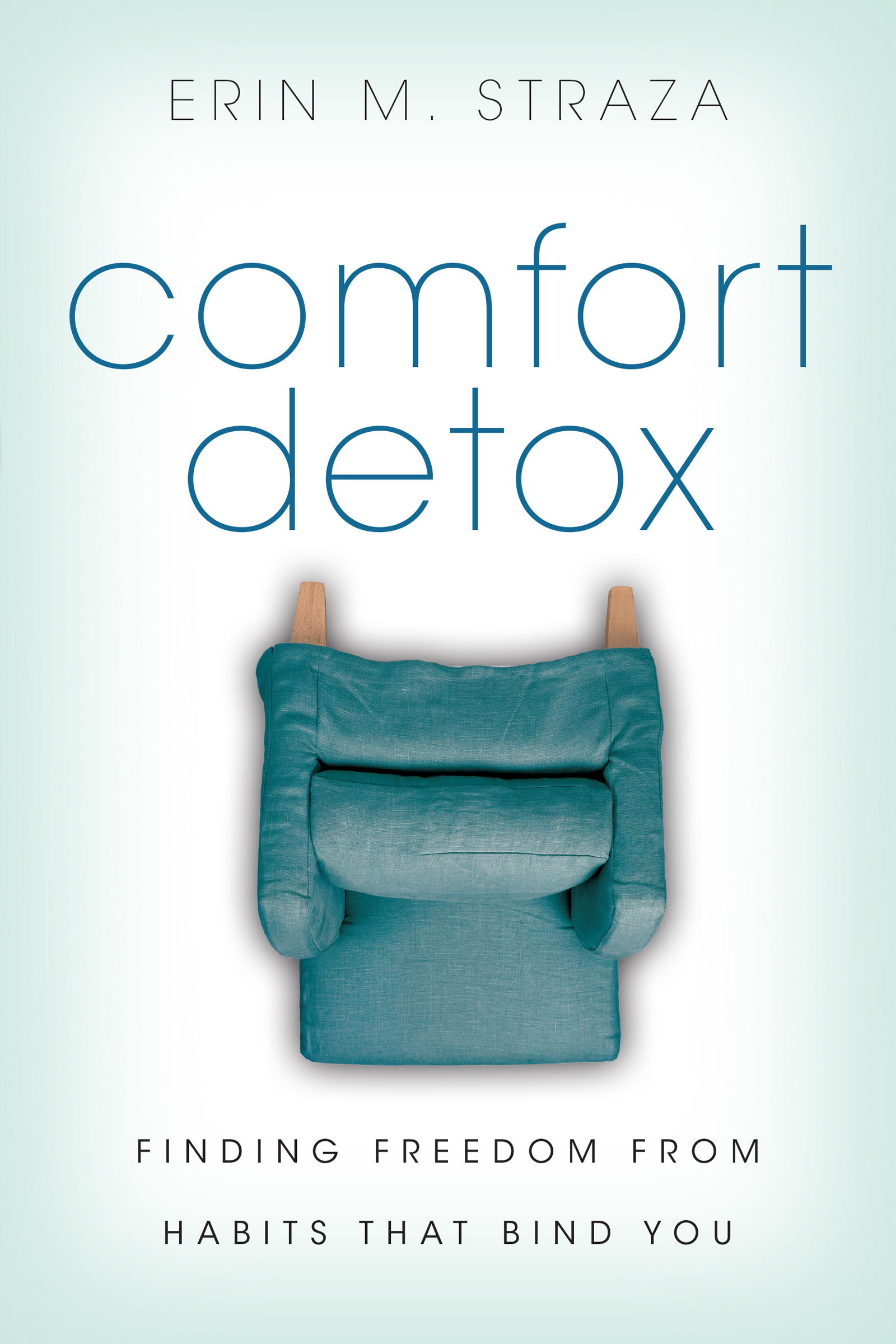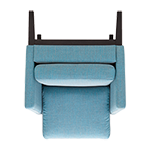Introduction
Why a Detox?
Detoxing is all the rage these days. A quick online search produces testimonies from people who have detoxed from drugs, alcohol, Diet Coke, toxins, sugar, digital devices, and holiday madness. Programs are available to participate in a spring detox, the Marthas Vineyard Detox Diet, a colon cleanse, a liver cleanse, a full-body cleanse, an emotional detox, a seasonal detox, and even a post-divorce detox.
One thing is sure: we feel the need to remove the things in our lives that are weighing us down and making us feel sluggish. I see comfort as one of these shackles.
In its pure form, comfort is a gift from God. Comfort is even God himself, for he is our Comforter: I, I am he who comforts you (Is 51:12). Let me be clear: the comfort of God is not the problem. Like many other things this side of the fall, our understanding and pursuit of comfort is askew. We want comfort, and we can find it in full from God.
The real problem is that we have sought comfort in all the wrong places, everywhere but God. We look for comfort in people, places, and things. We return to the same faulty sources we know because the unknown is scary. We soothe the discomfort of our anxieties with food, shopping, exercise, control, sex, and isolation. Comfort pursuits are endless. We have chased comfort all around, and it has led us to places we would never choose outright. We are all-in, all-out comfort addicts; comfort beckons, and we willingly follow.
A detox is needed if we are ever to experience true comfort that truly satisfies. And so this book is for anyone who is searching for true comfort, no matter your age, status, profession, or background. Whether old or young, rich or poor, male or femalewe are all prone to turn to substitute comforts. We all need to learn how to seek the Comforter.
You may wonder whether taking the comfort detox journey will lead you to an ascetic life, one where you must purposefully choose discomfort or pain because thats a more noble pursuit. Or perhaps you wonder whether I will challenge you to live a daredevil life, tackling the things that frighten you the mostskydiving or public speaking or moving to a Third World nation or something.
I assure you, that is not the point of this book. The apostle Paul urges us to put off your old self, which belongs to your former manner of life and is corrupt through deceitful desires, and to be renewed in the spirit of your minds, and to put on the new self, created after the likeness of God in true righteousness and holiness (Eph 4:22-24). A comfort detox is this same callputting off the old ways to make room for the new.
New York Times business writer Charles Duhigg explores the science behind our patterns and routines in his book The Power of Habit. Duhigg explains that habits are made up of a three-part loop: a cue (what prompts your brain to autopilot mode), a routine (a pattern that is physical, mental, or emotional in nature), and a reward (the benefit or perk of the routine). Understanding and interrupting that loop is key to breaking a habit. Habits give our brains the ability to conduct regular, repeated functions while in autopilot mode. On the one hand, this gives us more brainpower for other functions; habits are quite useful. On the other hand, our habits make it difficult to switch gears once our cue is triggered. Autopilot kicks in and our habits take overunless we work to replace them with another habit.
Living for what gives or maintains the greatest amount of personal comfort is our long-established habit.
Living for what gives or maintains the greatest amount of personal comfort is our long-established habit. At the core, thats what comfort isits a habit, a way of life. Comfort has become the default. We make decisions to protect it without even realizing it. We are on autopilot, and the destination is locked in, returning us to our comfort zone time after time. Duhigg insists that habits arent destiny... [but] the brain stops fully participating in decision making... so unless you deliberately fight a habitunless you find new routinesthe pattern will unfold automatically. Freedom is found when undesirable habits are identified and the cue-routine-reward structure is defined, pulled apart, and reframed. In the context of our discussion, the cue is a desire for comfort, the routine is the pattern by which comfort is obtained, and the reward is some form of self-soothing, whether that be control, emotional security, power, status, or the like.
Pulling those elements apart is tough work. But really, Christians have an advantage here. New life in Christ infuses us with his Spirit, granting us power to say no to sin and yes to righteousness. With a better understanding of the Spirits presence and promise to us, we can tackle this comfort habit head on. It will take some prayer, some journaling, some heavenly insight, some time, some practice. We need to introduce new information into our patterns to disrupt our autopilot and wake our brains up from their comfort stupor. Our brains need to engage and make decisions again, instead of floating along the paths of least resistance.


